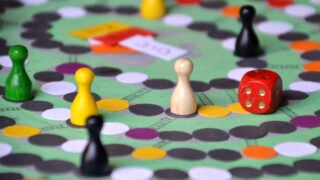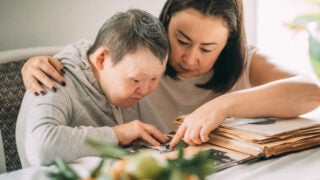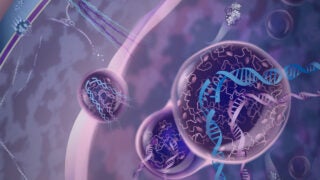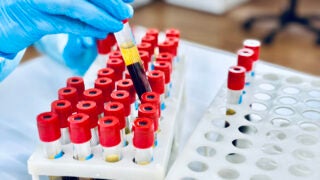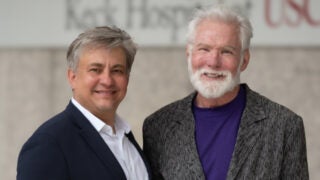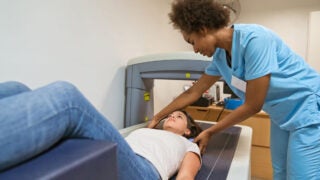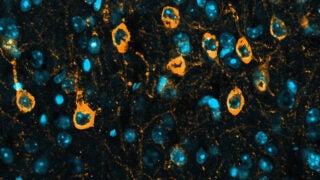“Biological stochasticity” — random events at the molecular and cellular level — might be one of the biggest, most overlooked drivers of differences in how we age, a USC gerontology expert says.
Aging - Alzheimer's Disease
News Listing
Research indicates how iron-related oxidative damage and cell death may hasten the development of Alzheimer’s disease in people with Down syndrome.
Research uncovers a mechanism that protects the genome by avoiding catastrophic errors when repairing breaks in tightly packed DNA, a finding with implications for cancer and aging.
In a proof-of-concept study, the test detected five key biomarkers of Alzheimer’s disease — more than current commercially available blood tests can measure.
Gift and matching challenge from the Leonard and Sophie Davis Fund supports the study of artistic engagement and the aging process.
The donation from R. Rex Parris and his wife, Carrol, will enable collaboration among experts in engineering, gerontology and stem cell research to find treatments for age-related conditions.
The discovery by USC researchers could lead to the identification of biomarkers that would serve as early indicators of a person’s risk for bone health issues later in life.
Listening to songs tied to meaningful life events activates memory and reward centers in the brain — a USC discovery that could aid in treating Alzheimer’s.
USC Stem Cell scientists discover a new way to rid cells of toxic tau protein in a study involving “mini-brains” known as organoids.
In the face of an impending “silver tsunami,” USC’s dental school aims to inspire dentists to embrace geriatric dental care — not just as a specialty but as a vital part of overall health care.

